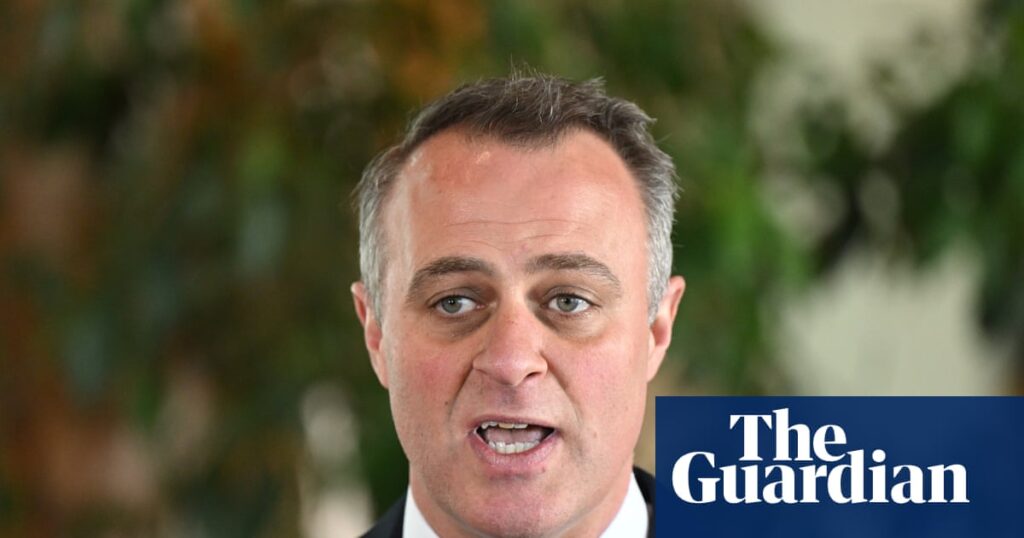
Tim Wilson, a Liberal Member of Parliament, has long maintained a controversial financial position against Australia’s sharemarket. According to his register of interests disclosed in August, following his narrow victory for the Goldstein seat in the federal election, Wilson holds a leveraged investment that profits when the benchmark ASX 200 index falls. This unusual move for a politician has now reportedly cost him significantly.
Wilson’s investment is in the BetaShares Australian Equities Strong Bear Complex, an inverse exchange-traded fund (ETF) that uses gearing to amplify gains and losses. A 1% decline in the ASX can result in a gain of up to 2.75% for this product. The investment strategy has raised eyebrows, as it appears to signal a lack of confidence in the national economy, especially coming from a public figure.
Background and Motivation
A spokesperson for Wilson, who serves as the shadow minister for small business, stated that he initially purchased these shares as a hedge during the COVID-19 pandemic. The spokesperson added that Wilson has retained the investment due to what he perceives as poor economic policies under the Albanese government. However, details about the size of the investment remain undisclosed, with the spokesperson only noting that it is less than the subsidies the Teals voted to give to coal and gas companies.
Short positions, like Wilson’s, are often used as hedges against broader investment portfolios to protect gains from other investments. During periods of market volatility, investors may choose leveraged shorts instead of selling primary investments to avoid crystallizing capital gains.
Expert Opinions and Financial Strategy
Wilson’s approach, however, is not typical. Phillip Bures, a senior financial planner at Nestworth Financial Strategists, explained that such products are generally used over short periods to shield portfolios from market downturns. “Typically, it’s a very short-term instrument held for less than a year,” Bures noted. “If he’s held it for that long period of time, he would have lost quite a bit of money on that product.”
Wilson, who first entered federal parliament in 2016, lost his seat in 2022 but regained it in 2025. His past register of interests indicates that he initiated the short trade around February 2020, coinciding with a then-record high of the ASX 200 index.
The Impact of Market Trends
Shorting is an investment strategy designed to profit from declining stock prices. In early 2020, as the COVID-19 virus spread, global stock markets experienced significant volatility and declines, including the ASX. If Wilson had sold his position by the end of March 2020, he could have doubled his investment, according to performance analyses. However, the subsequent global economic stimulus measures led to a surge in share markets, including Australia’s, reversing the early pandemic losses.
Wilson’s BetaShares investment is now down more than 70% from those early 2020 levels.
Current Market Conditions and Future Outlook
In recent years, share markets have rallied again, driven by advancements in artificial intelligence technology, leading to record highs. This surge has further impacted the value of Wilson’s investment negatively. His register of interests also includes investments in an international equity index fund, a micro-investing platform, and residential and investment properties.
The implications of Wilson’s investment strategy raise questions about the intersection of personal financial interests and public service. As markets continue to evolve, the effectiveness and ethics of such financial positions by public officials remain a topic of debate.
Looking forward, the financial landscape will be shaped by ongoing economic policies and market innovations. For Wilson, the challenge will be balancing his financial strategies with his political responsibilities, as he navigates the complexities of both arenas.







